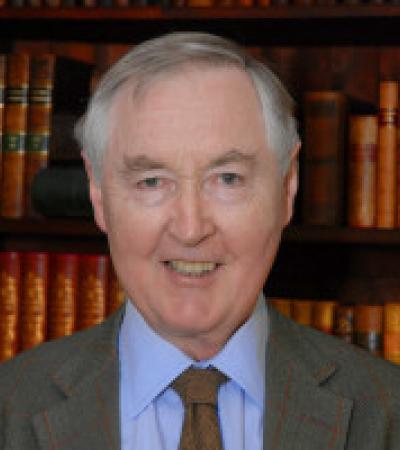"Transnational Influences in the Transition from Communism"
Abstract
This paper examines the variety of transnational influences that profoundly shaped and made possible the transition from Communism in Europe. Attention is devoted to: Western influences on Eastern Europe; the impact of the West on Soviet decisionmakers; the influence of East European countries on each other; and the significance of transformative change in the Soviet Union for the East European transitions. The author argues that the interconnections among the transitions in the Eastern part of the European continent were so strong that they should be regarded as a discrete political phenomenon-a Fourth Wave of democratization rather than part of the Third Wave that began in the first half of the 1970s. Under late Communism there was significant influence on the Soviet elite from the West (in ways that have been underexplored) and, to a lesser extent, from Eastern Europe-until 1989 when the demonstration effects of successful East European rejection of Soviet hegemony had a profound impact on the Baltic states in particular. Yet, the facilitation and timing of the transition from Communism-the decisive breakthrough of 1989-was dependent, above all, on pluralizing change in Moscow and the policy choices of the post-1985 Soviet leadership.
Resumen
Archie Brown examina la variedad de influencias transnacionales que conformaron decisivamente e hicieron posible la transición desde el comunismo en Europa. La atención se concentra en: las influencias occidentales en Europa del Este; el impacto de Occidente sobre los decisores soviéticos; las influencias mutuas entre los países este-europeos; y la importancia de las transformaciones en la Unión Soviética para las transiciones en Europa del Este. El autor sostiene que las conexiones entre las transiciones en los países de la parte Este del continente europeo fueron tan fuertes que deben ser consideradas como un sólo fenómeno político: una cuarta ola de democratización en lugar de parte de la tercer ola que comenzó en la segunda mitad de los setentas. Bajo el comunismo tardío existieron importantes influencias sobre la elite soviética de Occidente (en formas que han sido insuficientemente exploradas) y, en menor medida, de Europa del Este, hasta 1989, cuando los efectos de demostración del exitoso rechazo este-europeo de la hegemonía soviética tuvieron su profundo impacto, particularmente en los países bálticos. Sin embargo, la simplificación y la oprtunidad de la transición desde el comunismo--el quiebre decisivo de 1989-dependieron, sobre todo, de un cambio pluralizante en Moscú y de las opciones de política de la dirigencia soviética pos-1985.






